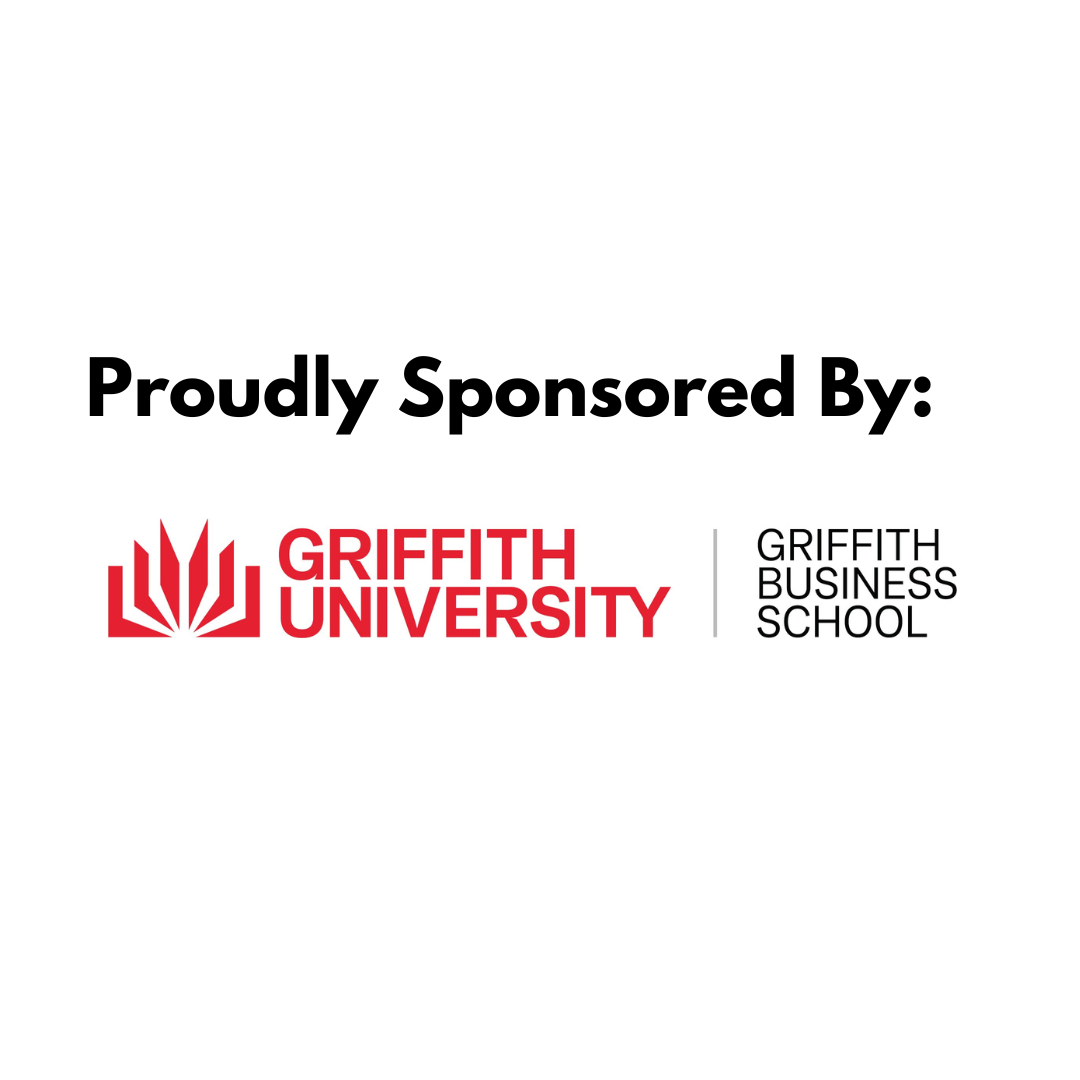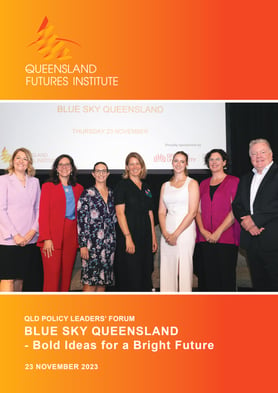
|
Dr. Lara Herrero
- As a medical doctor with experience in an emergency department, and as a
researcher, I have experience in science and technology across health and
medicine in Queensland and Australia more broadly.
- Basic science is foundational for all endeavours. However, we are currently falling
short in this area, and need to act now to support educational outcomes and foster Queensland’s human capital.
- Over the past 20 years, there has been a shift towards funding only translational
research. This funding is tied to short timeframes, which is resulting in poor
outcomes, as well as disheartened junior scientists who cannot translate research in these short grant periods. We must reprioritise funding for basic research which underpins the translational research to improve these outcomes.
- To achieve this, basic research cannot rely solely on government funding;
philanthropy, commercial funding and industry involvement are essential.
Additionally, a long-term perspective is needed as this research results in longer term returns.
- Collaborative agreements are also needed to bridge the gap between researchers, philanthropy, and commercial support. These can only be achieved by strengthening relationships and improving communication between these players.
- There is also a role for teachers to promote STEM and innovation through
education, fostering students’ ideas which often lead to the best innovations
in research.
|

|
Assoc Prof. Carissa Klein
- In my field of conservation science, our goal is literally, not metaphorically,
blue sky - and achieving this requires the preservation of nature.
- Queensland is the most biodiverse state in Australia with attractions like the Great
Barrier Reef, Simpson Desert, and ancient rainforests. Nature clearly plays a crucial role in our wellbeing and economy, but we are experiencing biodiversity loss like we’ve never ever seen before.
- Globally, biodiversity loss is at unprecedented levels, and Australia ranks second
in this alarming trend. Queensland is a global deforestation hotspot due to weak
environmental regulations which are leading to land clearing at staggering rates. In addition to our greenhouse gas emissions, these poor environmental practices pose a significant threat to the future of our natural assets like the Great Barrier Reef.
- A new global initiative - the Nature Positive Future initiative - is a glimmer of hope, uniting governments, businesses, and philanthropists to address the urgent need for biodiversity restoration.
- We are in a ‘nature debt’, where we are destroying nature faster than we can
restore it. Nature Positive aims to find creative, short-term solutions and involves
collaboration between various sectors to regenerate biodiversity and mitigate
this trend.
- While the Australian Government supports the initiative and is also proposing
legislation and a potential ‘nature repair market’, there is a significant funding gap which may require a ten-fold increase in current funding to overcome. There is clearly a strong need for collaboration with industry, through private funding, as well as by leveraging knowledge and skills to support this effort.
- However, there is a significant challenge in understanding the business opportunities and developing financial tools and mechanisms to facilitate a rapid
transition to nature-positive practices. For example, the flooding around Brisbane
River – which has been caused by damage to catchments – requires investment
in biodiversity to regenerate catchments to reduce flood risk. There is a clear
relationship between the cost of this flooding risk and the potential investment in
mitigation measures. Investing proactively, rather than facing the costs of the next flooding event, will not only reduce this risk but also benefit biodiversity upstream and contribute to carbon reduction.
- The Nature Positive movement offers an opportunity for researchers and industry
to collaborate on practical, effective, and profitable solutions to issues such as the
above example and will drive a significant societal and industry shift to reverse the decline of biodiversity in Queensland and globally.
|

|
Dr. Nadine Ostern
- In the trusted retail sector, we are focusing on emerging technologies in both the
retail and service sectors. We are now facing a significant challenge is ensuring
continued trust in these technology- and data-intensive environments.
- Initially, this might seem less crucial than other sectors like saving oceans or
medical research, but technology underpins all our industry sectors and research
areas. Technology is pivotal in creating value in personal, work, and societal aspects of our lives.
- Recent events, such as the Optus incident and OpenAI leadership changes are
creating challenges around maintaining an optimistic perspective and trust around technology. This is reflected in two trends which are currently playing out in the market, particularly in the retail/service sector.
- Firstly, the adoption of technology by businesses is being imposed on customers
but primarily benefiting businesses. An example of this, is the use of a camera/
sensor system at check-outs, which are being used for theft detection. Secondly,
technology is used with the customer, benefitting both customers and businesses – we see less of those solutions. For instance, self-check outs could also prevent overpayment instead of theft only to benefit the customer as well.
- To unlock the potential of technologies in retail and the service industry more
generally, businesses must become ‘trust architects’, and better design these
systems to build trust with customers. In the above example, there is a missed
opportunity to create value in built trust, in that the system could have also
prevented overpayment (items being scanned twice).
- Businesses must advance beyond the use of technology by itself, by instead
thinking about the opportunities this presents to build trust with customers. To
become trust architects, businesses must reduce uncertainty and vulnerability
for customers, leveraging opportunities to demonstrate that they care for their
customers and build confidence in retailers’ use of technology.
|

|
Assoc Prof. Cori Stewart
- My blue sky vision for Queensland is to become a leading manufacturing state,
driven by the need to diversify our economy after our mining and resource boom.
Creating high-value industries across the state is crucial for addressing the
economic challenges we face.
- While we already have some industrial policy settings in place to support this,
Australia, and therefore Queensland, ranks lowly among developed nations in
manufacturing capability. Despite our skills and research capabilities, the Harvard
Economic Index ranks Australia 93rd of 113 countries in terms of our economic
complexity. This reflects our dependence on mining exports, which is particularly
relevant for the Queensland economy.
- To tackle this, we must focus on diversifying and growing industries, considering
workforce needs across the entire value chain. We must leverage new and existing opportunities across sectors, such as in the medical and biomedical industry, and in critical minerals and clean technology. Clean technology creates a significant opportunity given the scale of the energy transition locally, and opportunity to create new export markets – such as through green hydrogen or local manufacturing.
- Strategic policy decisions and investment are essential for the success in these
areas – particularly in local manufacturing.
- A challenge we have seen in the past is that the ideas and companies which start
locally are quickly attracted overseas to be developed. We need to create an
economy which fosters innovation and new ideas which can be realised locally and contribute to Queensland’s long-term economic growth.
- The adoption of technology may solve this problem by enabling Queensland
businesses to compete globally. However, despite fast consumer adoption of
technology, our industries - particularly manufacturing - lag behind. Overcoming
this will require supportive policy and regulatory settings as well as collaboration
between universities and industry. This will be crucial to ensuring Queensland’s
industries and workforce are equipped for the rapid adoption of technology needed to support capability development.
- We must urgently match the pace of technology development in addressing this
challenge, moving beyond discussion and towards implementation.
|






















